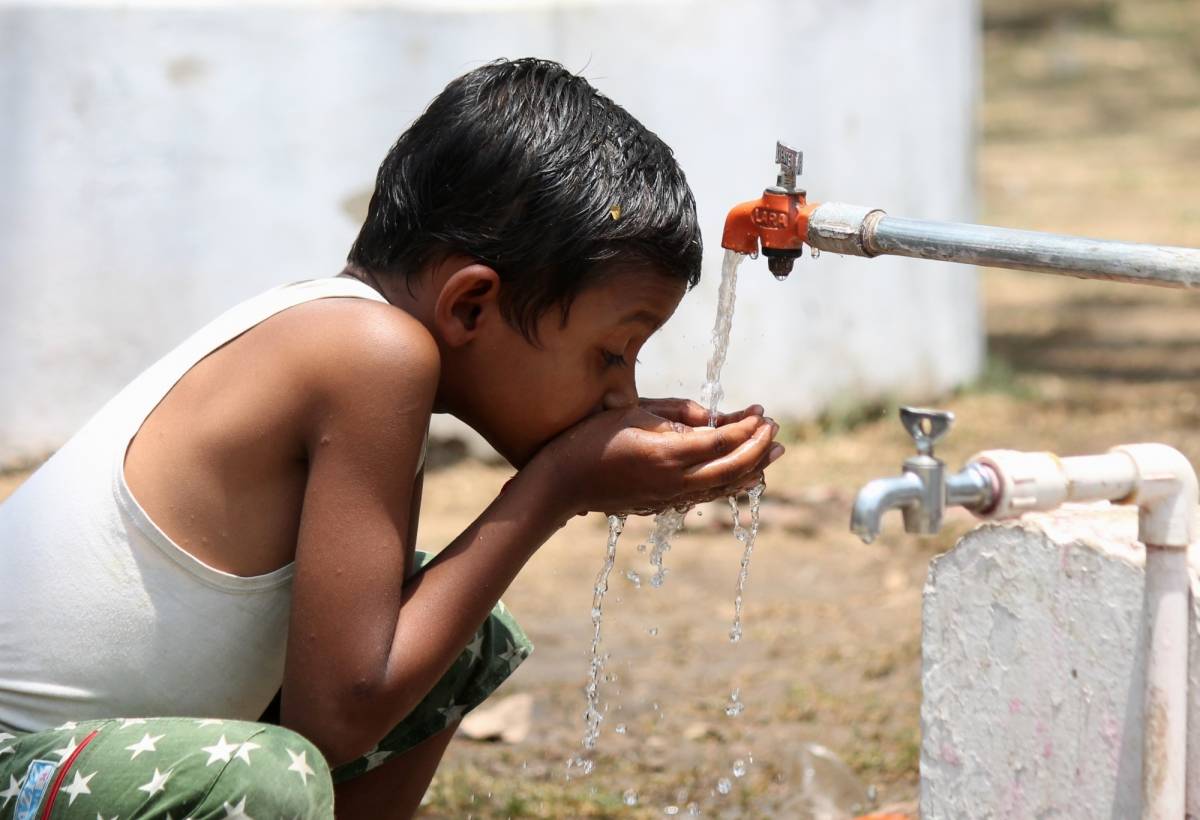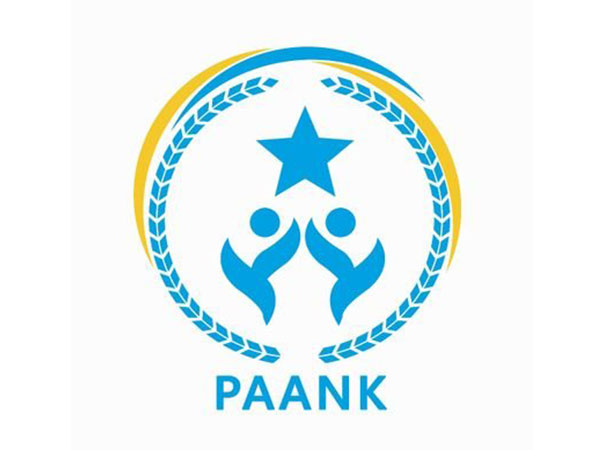“The situation is more precarious in Mangla, which is hosting less than 1pc of its capacity,” says Khalid Rana of the Indus River System Authority (Irsa)…reports Asian Lite News
Despite an early onset of summer in mid-March and April getting hotter than usual, the snow melting process in Pakistan’s mountainous and hilly areas has not picked up pace, putting profound pressure on the country’s water supplies.
For the last 10 days, national water supplies have dipped substantially below not only last year’s levels, but average supplies of the last five or 10 years for the day, forcing Pakistan to start its Kharif season with close to a 40 per cent shortage in both of its water-producing systems – 30 per cent in Indus and 10 per cent in the Jhelum arm, reports Dawn news.
“The situation is more precarious in Mangla, which is hosting less than 1pc of its capacity,” says Khalid Rana of the Indus River System Authority (Irsa).

On Saturday, Mangla held only 354,000 acre-feet against over seven million of its capacity. This is largely because the Mangla Lake is mainly rain-fed and there has virtually been no rain during March.
The Met Office predicted five spells of rain, but only one took place.
“To make matters worse, 37 inches of snow fell this winter against the yearly average of 50 inches, a drop of 26 per cent. Even those 37 inches seem to have fallen on higher altitudes, where the temperature needs to be more than the current 23 degrees Celsius to melt it. These trends, less and high altitude snow and virtually no rain, have created a crisis in the Jhelum arm,” Rana explains.
“The same trend seems to have impacted River Chenab as well,” explains an official of the Punjab Irrigation Department.
The flows are improving, but too slowly to benefit the system, widening the gap between demand and supply, the Dawn news report said.












